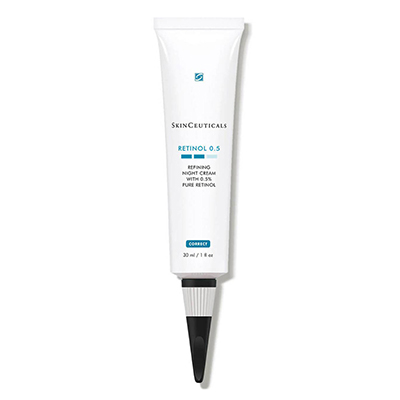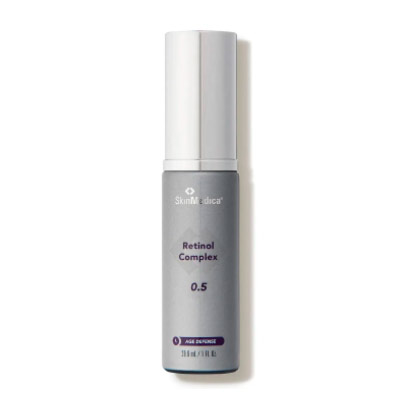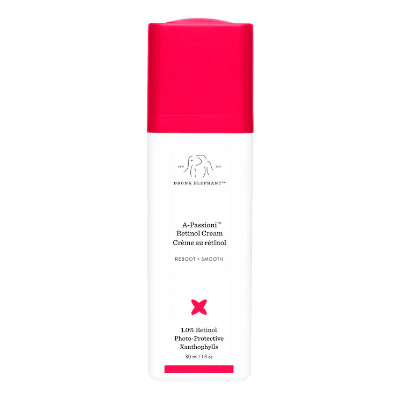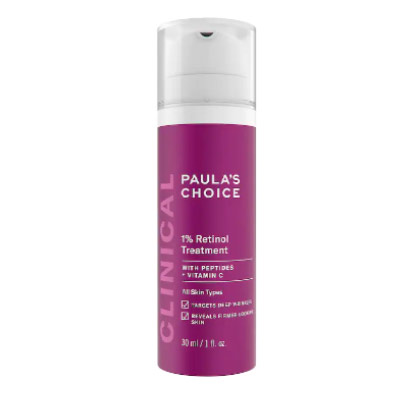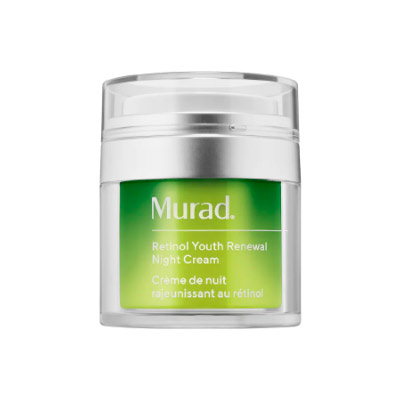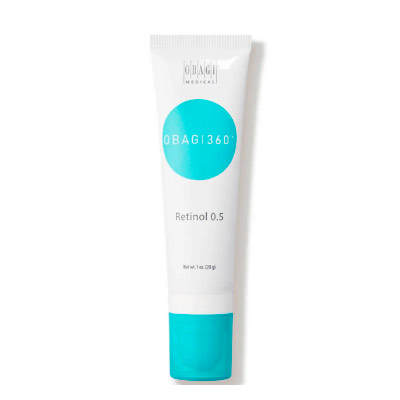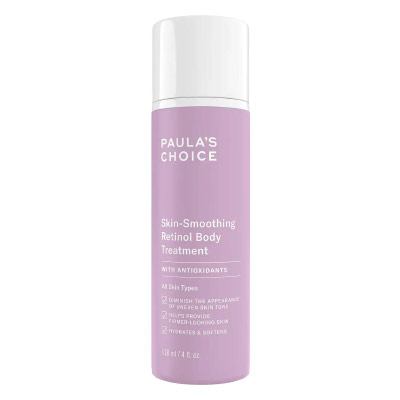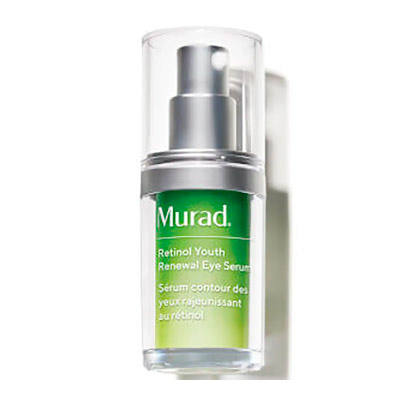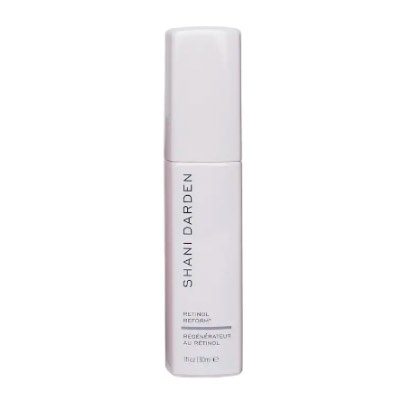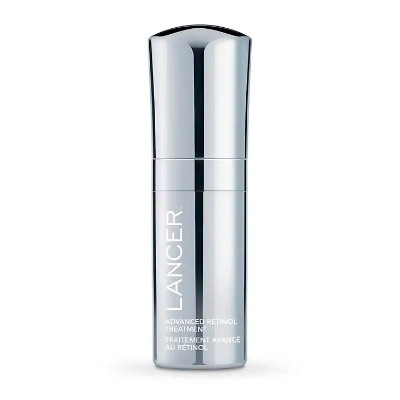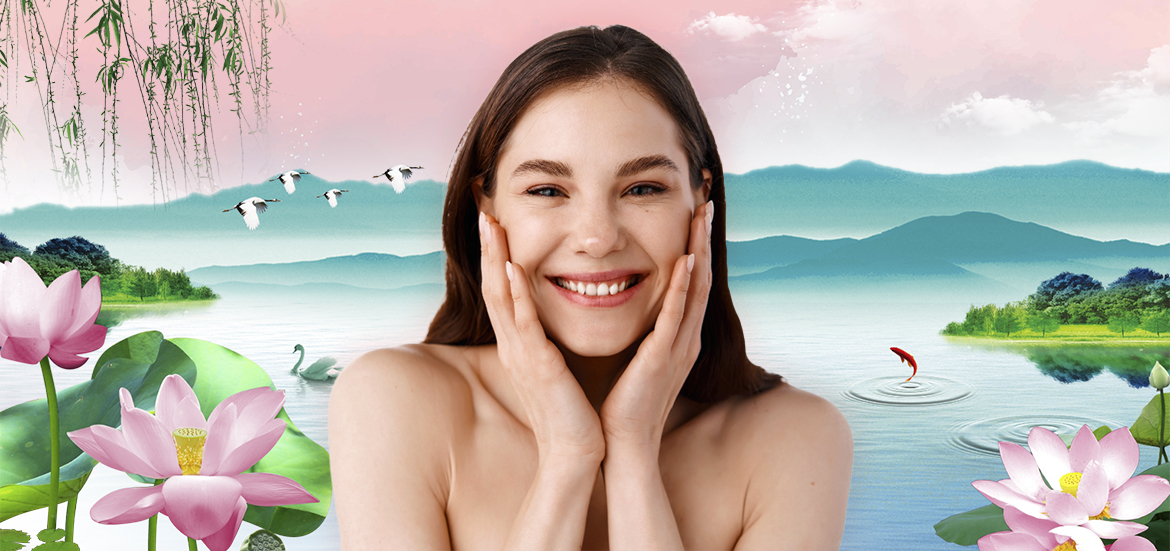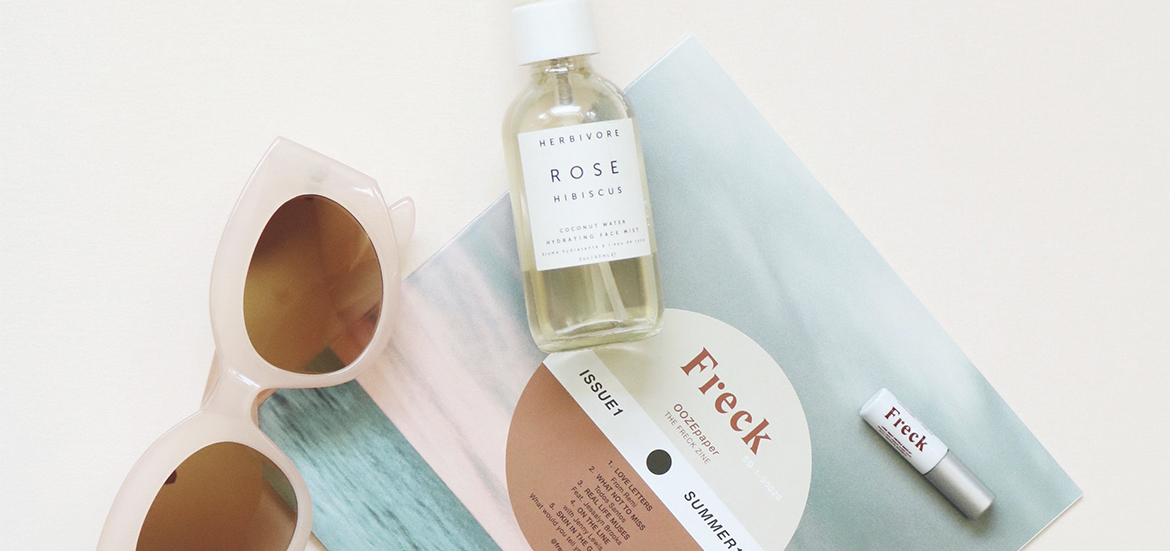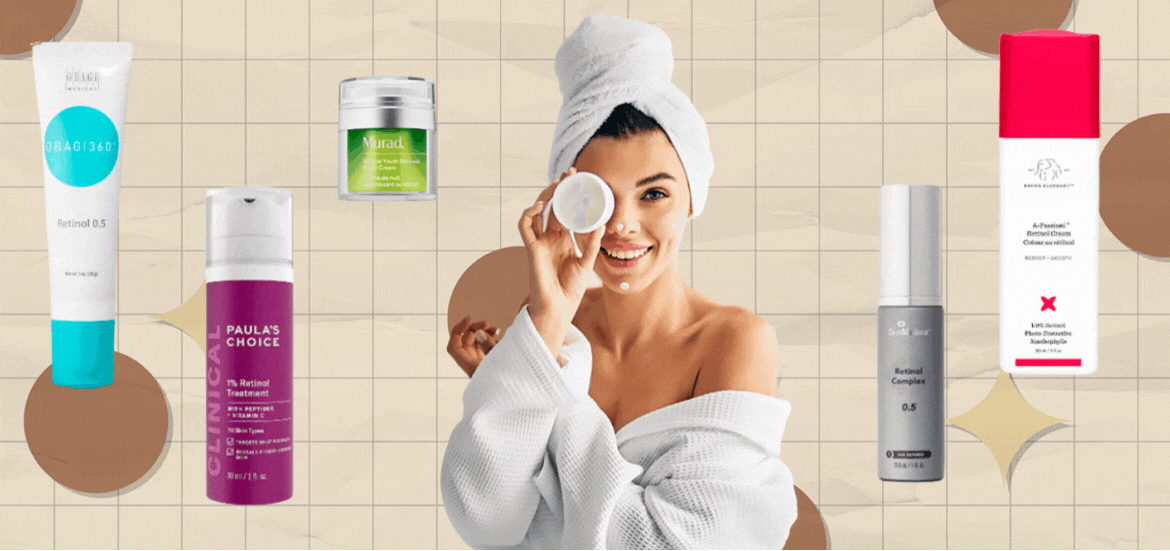
Is Retinol Part of Your Skincare Routine?
Anti-aging skin products are plentiful. Just have a look at any drugstore or department store skin care section. However, if you are looking for results, few products remain standing. Many department and drugstore products are fine for moisturizing, but when it comes to actually improving the look of your skin, they fall short. That's because most ingredients don't really offer lasting benefits for your skin.
Fortunately, there are topical skin care ingredients that safely and effectively address the most prominent signs of aging, and are available to consumers. One such ingredient is retinol. If you are looking for a treatment that will improve skin texture and tone, and help treat wrinkles and lack of elasticity, this powerhouse should be part of your anti-aging skin care arsenal. That's because the unique properties of retinol don't just work at surface level.
How Can the Properties of Retinol Help My Skin?
Retinol is part of a larger family of retinoids and comes in different strengths and formulations. Retinoids have been heavily researched and studied for decades, and have the honor of delivering results backed by verified scientific studies. Retinol is a vitamin A derivative that penetrates deep into the skin, speeding cell turnover, neutralizing free radicals, and boosting the production of collagen and elastin. A good skincare routine includes gentle cleansing and moisturizing, UV protection, and topical retinol to help regenerate skin and keep it youthful and glowing.
What Kind of Results Does Retinol Deliver?
Retinol has been shown to improve both the effects of chronological and photoaging This means it tackles not only the visible effects of natural aging, but the effects of too much sun exposure. Photoaging is responsible for uneven skin tone, age spots, and the fine lines and wrinkles that appear prematurely. Various trials have been conducted with scientific results showing the improvement in skin when using retinol treatment.
Over time, our bodies' collagen production slows down, and thus the skin loses its plump, firm appearance. Retinol works to increase collagen production and skin elasticity, which translates into a firmer appearance. Many people only worry about wrinkles and age spots, but those aren't the only indicators of age.
A higher cellular turnover rate helps keep the skin smoother, and skin tone more even. Studies have shown that groups treated with retinol experience skin that has a more glowing, radiant appearance and a visible, measurable reduction of fine lines and wrinkles.
Firmer, smoother, brighter, plumper skin. Who doesn't want that? Retinol is truly an anti-aging powerhouse.
Does Retinol Have Side Effects?
While retinol is a safe product, it comes with some caution. It's normal to experience an adjustment period in the early stages of use. The skin may appear red and flaky. There may be irritation and the product may sting slightly. If you have sensitive skin, it's best to start slowly and build up gradually. Your skincare professional can help you determine the best strategy for implementing this effective anti-aging product into your routine.
How Long Does Retinol Take to Work?
It's important to note that retinol products aren't a quick fix. Most people report an improvement in skin tone and texture within a few weeks of use. However, the most significant results take place over time. Retinol is constantly working under the surface of your skin, building collagen to support a more youthful appearance and diminish lines and wrinkles. Its antioxidant properties are hard at work, neutralizing free radicals, thus preventing further damage.
Retinol should be part of everyone's skin care arsenal, and you don't need to wait until you are already showing signs of aging to start. Studies show that collagen production slows in the mid to late twenties, and photoaging is something that is constantly occurring as long as you are exposing yourself to harmful UV rays.
